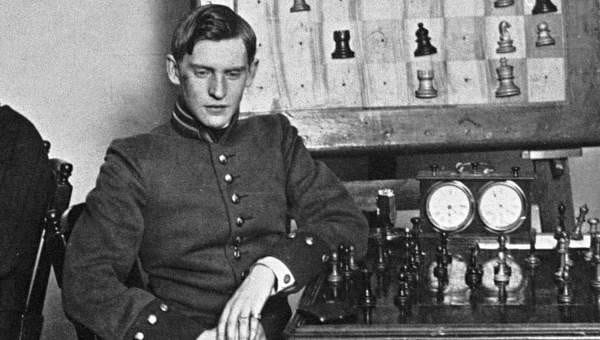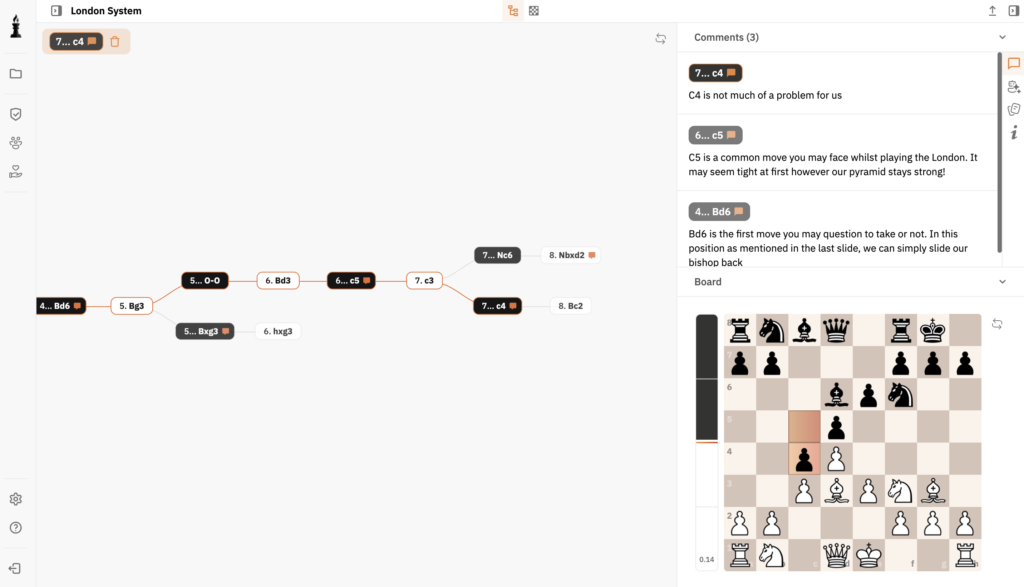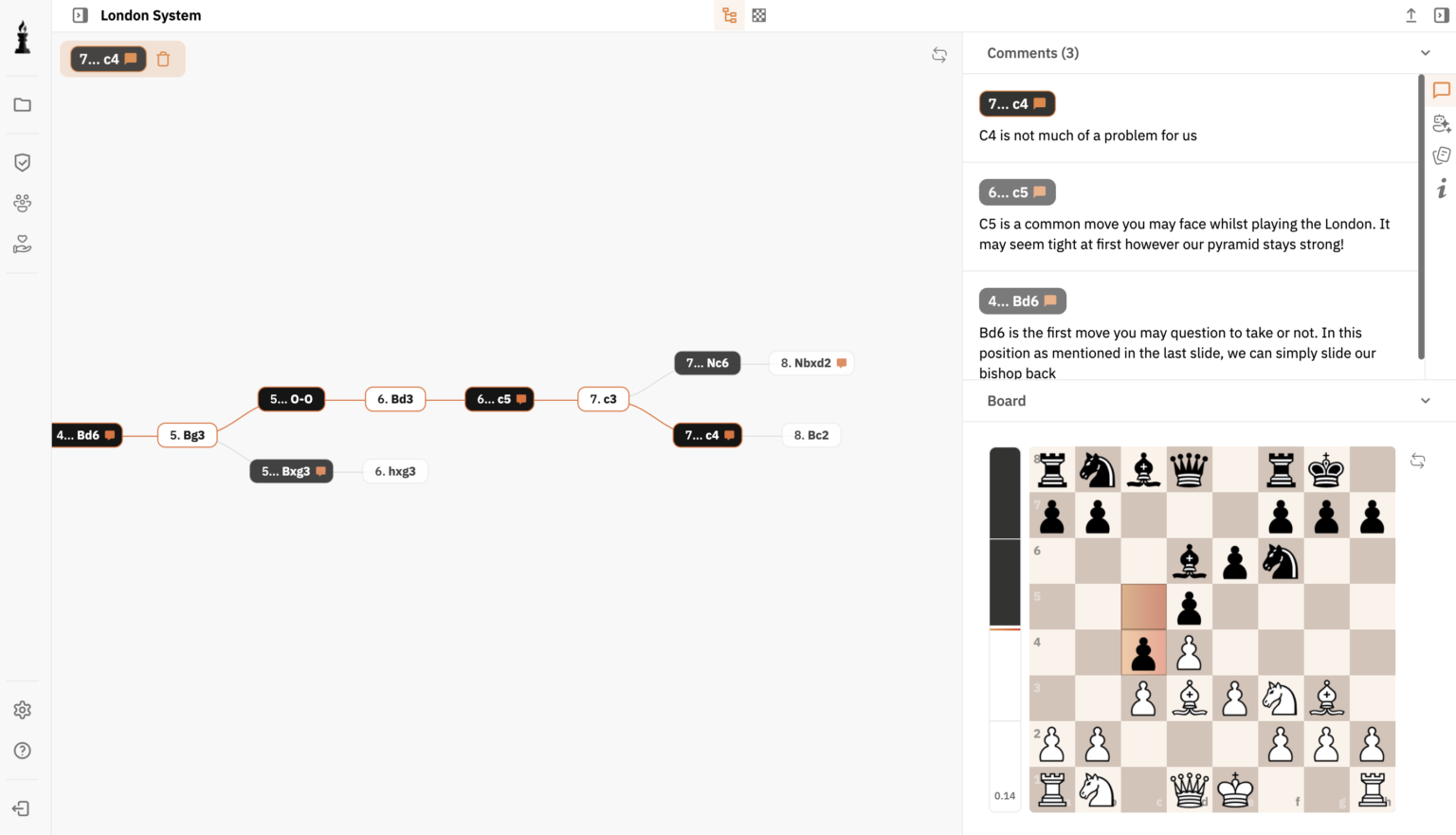Alexander Alekhine was one of the most brilliant and aggressive chess players in history. As the fourth World Chess Champion, he left an indelible mark on the game with his dynamic attacking style and deep tactical vision. This article explores his early life, rise to the top, playing style, championship reign, and legacy.
Early Life and Chess Beginnings
Childhood and First Steps in Chess
Alexander Alekhine was born on October 31, 1892, in Moscow, Russia, into a wealthy and aristocratic family. He learned chess at a young age and quickly displayed extraordinary talent. By his teenage years, he was already competing in strong tournaments and gaining recognition.
Early Tournament Success
Alekhine made rapid progress in the Russian chess scene, winning several national competitions. In 1914, he participated in the famous St. Petersburg tournament, where he was among the five players granted the title of “Grandmaster of Chess” by Tsar Nicholas II.
The Road to the World Championship
Exile and Challenges
The Russian Revolution of 1917 forced Alekhine to leave his homeland. He settled in France and became a French citizen in 1927. Despite political turmoil and personal hardships, he continued his pursuit of chess excellence.
Defeating Capablanca in 1927
Alekhine’s greatest achievement came in 1927 when he challenged reigning World Champion José Raúl Capablanca. In a grueling match held in Buenos Aires, Alekhine stunned the chess world by defeating Capablanca, a player considered nearly invincible. This victory crowned him the fourth World Chess Champion.
Championship Reign and Playing Style
Dominance and Title Defenses
After becoming champion, Alekhine defended his title against Efim Bogoljubov in 1929 and 1934. His aggressive and tactical approach made him a feared opponent, and he maintained his status as the world’s best player for many years.
Tactical Brilliance and Attacking Style
Alekhine was known for his deep calculation, creative combinations, and relentless attacking play. His games were full of tactical fireworks, and his approach to chess inspired generations of players.
The Fall and Unfinished Legacy
Losing and Regaining the Title
In 1935, Alekhine lost his world championship title to Max Euwe in a surprising upset. However, he reclaimed it in a rematch in 1937, demonstrating his resilience and adaptability.
Controversy During World War II
During World War II, Alekhine was accused of collaborating with Nazi Germany, a claim that remains debated. These accusations tarnished his reputation, and he faced difficulties in finding tournament invitations after the war.
Mysterious Death
In 1946, Alekhine was found dead in a hotel room in Estoril, Portugal, under mysterious circumstances. The exact cause of his death remains unclear, with theories ranging from natural causes to political assassination. He remains the only World Chess Champion to have died while holding the title.
Alekhine’s Legacy in Chess
Influence on Modern Chess
Alekhine’s games are still widely studied today. His aggressive style influenced many future champions, including Garry Kasparov. The “Alekhine Defense” (1. e4 Nf6) is one of his enduring contributions to opening theory.
Remembering a Chess Legend
Despite the controversies surrounding his later years, Alekhine is remembered as one of the most brilliant minds in chess history. His dynamic and imaginative play continues to inspire players at all levels.
Conclusion
Alexander Alekhine’s impact on chess is undeniable. As a champion, innovator, and tactical genius, he revolutionized the way chess was played. His legacy lives on through his masterpieces, which remain an essential study for any aspiring chess player.






